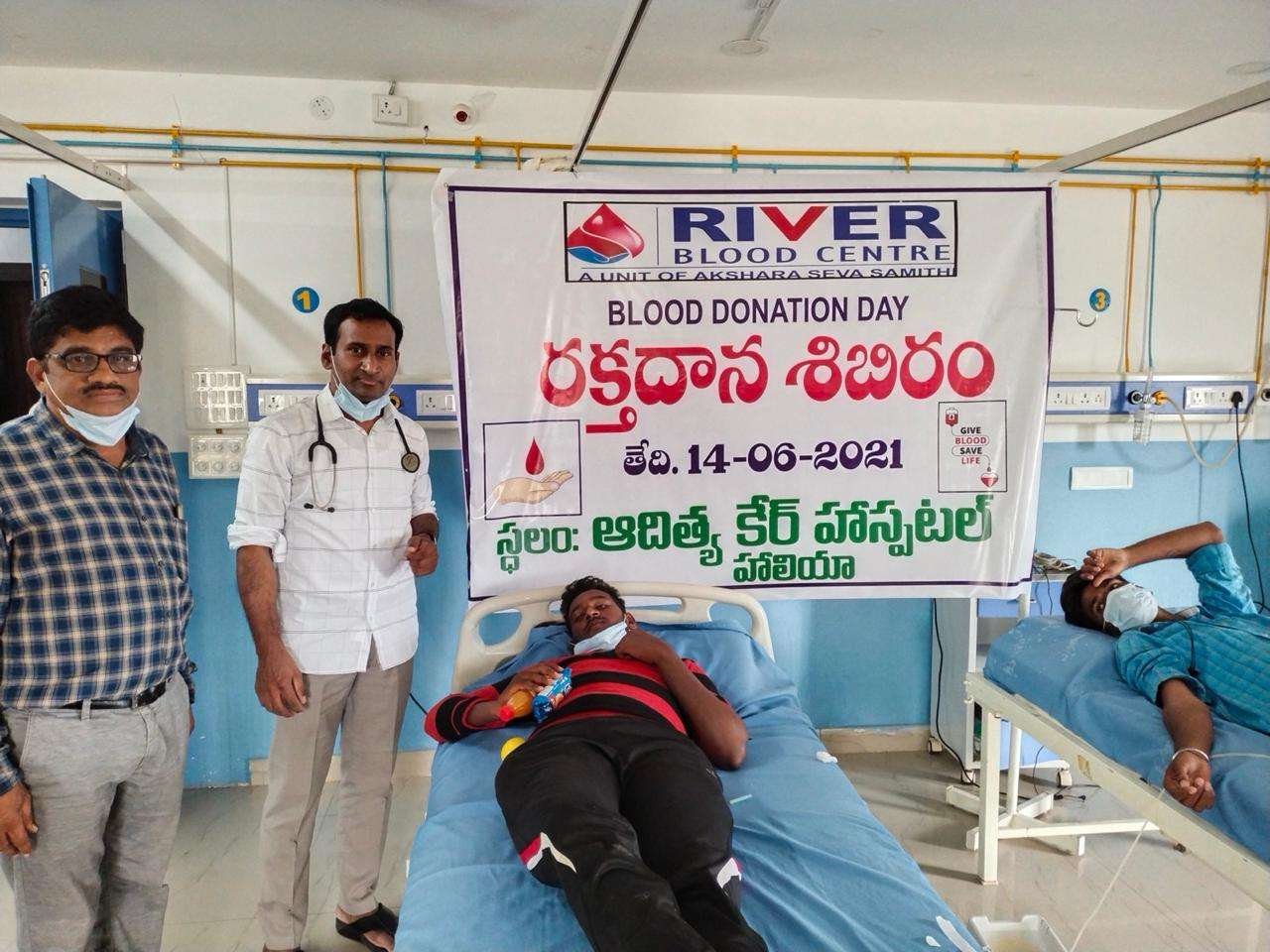Polycystic Ovary Syndrome (PCOS) is a common hormonal disorder affecting millions of women worldwide. It can lead to a variety of health issues, including irregular periods, weight gain, and fertility challenges. Raising awareness about PCOS can help individuals understand its symptoms, seek timely treatment, and make necessary lifestyle changes to manage the condition effectively.
What is PCOS?
PCOS is a hormonal imbalance that affects women of reproductive age. It is characterized by:
- Irregular or missed menstrual cycles
- Excess androgen levels, leading to acne, excessive hair growth, and male-pattern baldness
- Polycystic ovaries, where multiple small cysts develop on the ovaries
Common Symptoms of PCOS
The symptoms of PCOS can vary from person to person, but the most common ones include:
- Irregular Menstrual Cycles: Skipped periods, prolonged cycles, or heavy bleeding.
- Weight Gain and Difficulty Losing Weight: Many women with PCOS experience insulin resistance, making it harder to manage weight.
- Acne and Oily Skin: Hormonal imbalances can lead to persistent breakouts and excess oil production.
- Excessive Hair Growth (Hirsutism): Unwanted hair on the face, chest, and back due to increased androgens.
- Thinning Hair or Hair Loss: Some women experience hair thinning or male-pattern baldness.
- Fertility Issues: PCOS is one of the leading causes of infertility due to irregular ovulation.
- Mood Swings and Depression: Hormonal changes can contribute to anxiety and depression.
Treatment Options for PCOS
While there is no cure for PCOS, various treatment options can help manage the condition:
1. Medications
- Birth Control Pills: Help regulate menstrual cycles and reduce acne and excessive hair growth.
- Metformin: Improves insulin sensitivity and helps with weight management.
- Anti-Androgen Medications: Reduce excessive hair growth and acne.
- Fertility Treatments: For women trying to conceive, ovulation-inducing medications like Clomid or Letrozole may be recommended.
2. Lifestyle Changes
Making healthy lifestyle modifications is one of the most effective ways to manage PCOS:
Dietary Changes
- Eat a Balanced Diet: Focus on whole foods, lean proteins, healthy fats, and fiber-rich vegetables.
- Reduce Processed Foods: Avoid sugary drinks, refined carbs, and trans fats.
- Maintain a Low-Glycemic Diet: Choose complex carbohydrates like whole grains, legumes, and vegetables to stabilize blood sugar levels.
Exercise and Physical Activity
- Engage in Regular Exercise: Activities like brisk walking, strength training, and yoga help improve insulin sensitivity and regulate hormones.
- Maintain a Healthy Weight: Even a 5-10% reduction in body weight can improve PCOS symptoms.
Stress Management
- Practice Mindfulness and Meditation: Helps reduce stress hormones that can worsen PCOS symptoms.
- Get Enough Sleep: Poor sleep can affect insulin levels and increase hormonal imbalances.
When to See a Doctor
If you experience persistent symptoms of PCOS, consult a healthcare professional for proper diagnosis and management. Early intervention can help prevent complications such as diabetes, heart disease, and infertility.
Final Thoughts
PCOS awareness is crucial for early diagnosis and effective management. By adopting a healthy lifestyle, seeking medical guidance, and staying informed, women can take control of their health and lead fulfilling lives.



